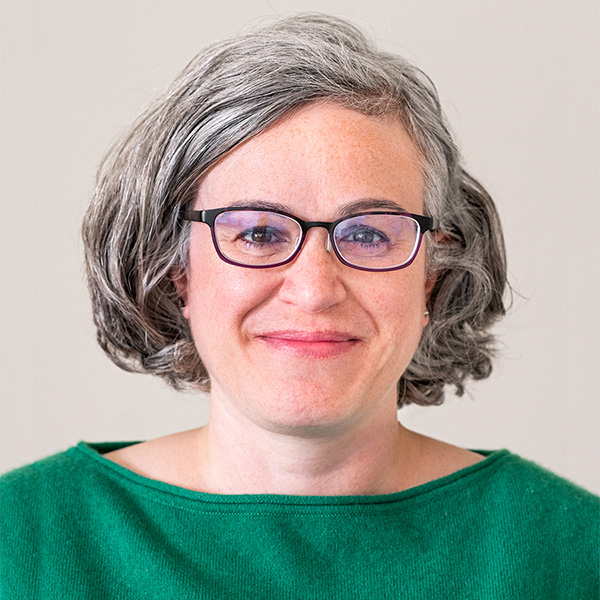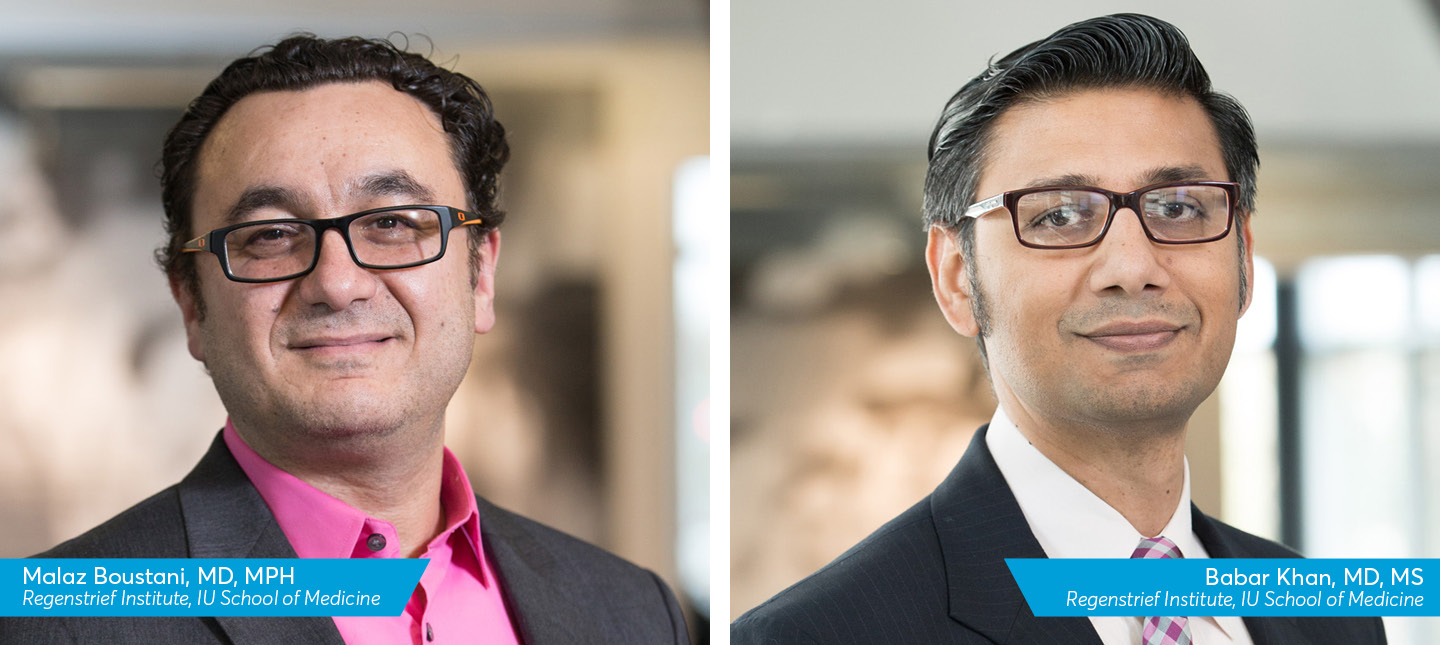Published in AIDS and Behavior. Here is a link to the article.
Regenstrief Institute author: Meredith Greene, M.D.
Abstract
Loneliness among older adults has been identified as a major public health problem. Yet little is known about loneliness, or the potential role of social networks in explaining loneliness, among older people with HIV (PWH) in sub-Saharan Africa, where 70% of PWH reside. To explore this issue, we analyzed data from 599 participants enrolled in the Quality of Life and Ageing with HIV in Rural Uganda study, including older adults with HIV in ambulatory care and a comparator group of people without HIV of similar age and gender. The 3-item UCLA Loneliness Scale was used to measure loneliness, and HIV status was the primary explanatory variable. The study found no statistically significant correlation between loneliness and HIV status. However, individuals with HIV had smaller households, less physical and financial support, and were less socially integrated compared to those without HIV. In multivariable logistic regressions, loneliness was more likely among individuals who lived alone (aOR:3.38, 95% CI:1.47–7.76) and less likely among those who were married (aOR:0.34, 95% CI:0.22–0.53) and had a higher level of social integration (aOR:0.86, 95% CI: 0.79–0.92). Despite having smaller social networks and less support, older adults with HIV had similar levels of loneliness as those without HIV, which may be attributed to resiliency and access to HIV-related health services among individuals with HIV. Nonetheless, further research is necessary to better understand the mechanisms involved.
Authors
Lien T Quach 1 2 3 4 5 6, Christine S Ritchie 7 8 9, Zahra Reynolds 10, Robert Paul 11, Janet Seeley 12, Yao Tong 10, Susanne Hoeppner 9 13, Samson Okello 14 15, Noeline Nakasujja 16, Brianne Olivieri-Mui 17, Deanna Saylor 18, Meredith Greene 19, Stephen Asiimwe 10 14 20, Edna Tindimwebwa 20, Flavia Atwiine 14, Ruth Sentongo 14, Mark J Siedner 10 9 14, Alexander C Tsai 9 13 14
Affiliations
1Medical Practice Evaluation Center, Mongan Institute, Department of Medicine, Massachusetts General Hospital, Boston, MA, USA.
2Centre for Aging and Serious Illness, Mongan Institute, Massachusetts General Hospital, Boston, MA, USA.
3Division of Palliative Care and Geriatric Medicine, Department of Medicine, Massachusetts General Hospital, Boston, USA.
4Department of Gerontology, University of Massachusetts Boston, Boston, MA, USA.
5Harvard Medical School, Boston, MA, USA.
6The Massachusetts Veterans Epidemiology Research and Information Center, VA Boston Healthcare System, Boston, USA.
7Centre for Aging and Serious Illness, Mongan Institute, Massachusetts General Hospital, Boston, MA, USA.
8Division of Palliative Care and Geriatric Medicine, Department of Medicine, Massachusetts General Hospital, Boston, USA.
9Harvard Medical School, Boston, MA, USA.
10Medical Practice Evaluation Center, Mongan Institute, Department of Medicine, Massachusetts General Hospital, Boston, MA, USA.
11Department of Psychological Sciences, University of Missouri at St. Louis, St. Louis, USA.
12Department of Global Health and Development, Faculty of Public Health and Policy, London School of Hygiene & Tropical Medicine, London, UK.
13Department of Psychiatry, Massachusetts General Hospital, Boston, MA, USA.
14Mbarara University of Science and Technology, Mbarara, Uganda.
15Department of Epidemiology, Gillings School of Global Public Health, University of North Carolina, Chapel Hill, NC, USA.
16Department of Psychiatry, College of Health Sciences, Makerere University School of Medicine, Kampala, Uganda.
17Department of Health Sciences, Bouvé College of Health Sciences, Northeastern University, Boston, MA, USA.
18Department of Neurology, Johns Hopkins University School of Medicine, Baltimore, MD, USA.
19Department of Medicine, Indiana University School of Medicine and Indiana University Center for Aging Research, Regenstreif Institute, Inc., Indianapolis, IN, USA.
20Kabwohe Clinical Research Center, Kabwohe, Uganda.










